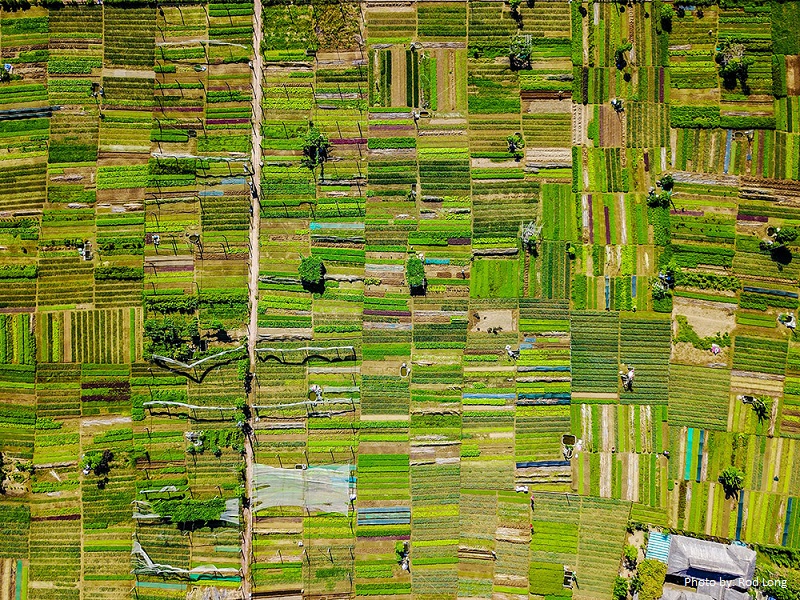Climate is changing, and most of the times, not for the better. The facts are not in dispute. Science brings us new evidence every day. On August 7th, 2019 the world’s governments approved the Special Report on Climate Change and Land (SRCCL), released by the Intergovernmental Panel on Climate Change (IPCC).
None in the world is more vulnerable to climate change than farmers and no other economic actor can do more in a short window of time to mitigate and adapt to climate change than the farmers: they are at risk because of extreme weather events, which threaten their production and revenues, especially in some areas that already have high levels of food insecurity. At the same time, farmers must face another key challenge for the humankind: feeding the increasing global population in a sustainable and efficient way. Farmers have a unique practical expertise, a combination of formal education, traditional knowledge and experience from living and working on the land and with nature.
When it comes to measuring and monitoring GHG, national inventories for ‘AFOLU’ continue to improve but this is insufficient to estimate progress in agriculture, because of its biological nature; furthermore, they should better represent the sequestration of carbon in soils and vegetation, including active forest management and permanent crops.
Farmers are an important part of the solution to combat climate change. There is a tremendous need to strengthen the perspective of farmers and their cooperatives in all the processes and financial instruments related to climate change, but this is unfortunately not always the case.
In December 2018, to address these challenges, a number of Farmers’ Organizations and other partners, launched the WFO-conceived initiative of “The Climakers”, a renewed farmers driven agenda on climate change, according to which all the actors in the food value chain and other stakeholders work together, to advance the global political dialogue on agriculture and climate change, promoting farmers’ contribution to the implementation of the Paris Agreement.
“The Climakers”, recognized by the UN Department of Economic and Social Affairs (DESA) as a best practice for the implementation of SDG13, is a multi-stakeholder alliance that regroups farmers, researchers, international organisations, private and public sector. Together with the other partners in this agenda, the World Farmers’ Organisation (WFO) aims at promoting a reverse paradigm in the policy making on climate change in agriculture, based on the bottom-up approach, where farmers lead the process and influence the Nationally Determined Contributions, based on the best practices they are already implementing to adapt to and mitigate climate change.
Working through the entire value chain, breaking silos, including all actors from food producers to consumers in a joint bottom-up approach, is the only way to get win-win solutions for a sustainable future.
